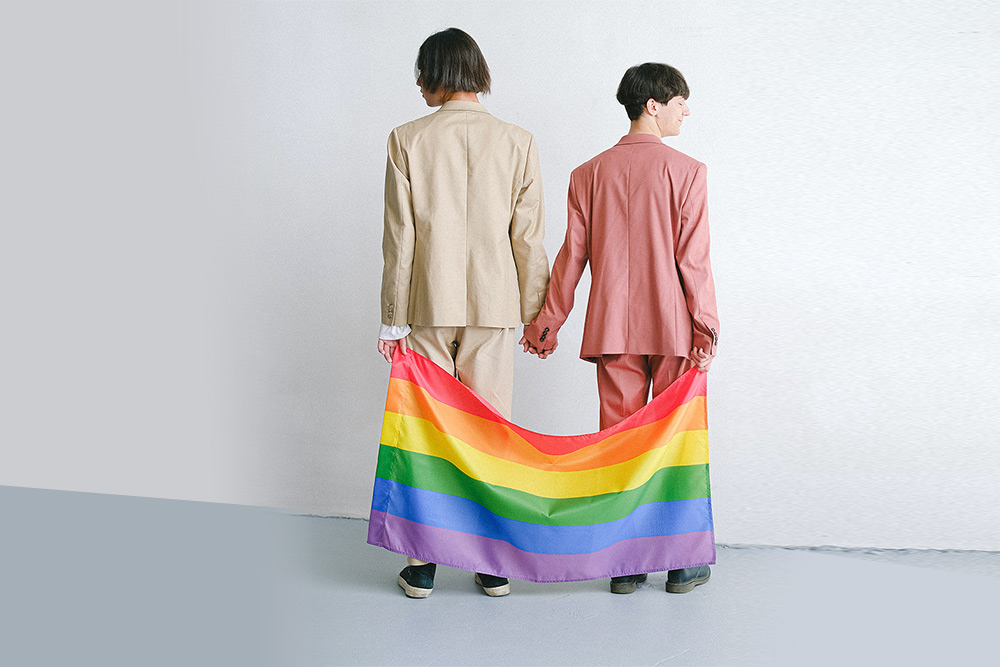People of all sexualities experience some sort of anxiety at some point in their lives, whether it’s public speaking or socializing with others. However, the LGBTQ+ community faces unique challenges due to the homophobia that exists in society. In this blog post, I will talk about how homophobia causes social anxiety and other mental health problems in gay men. I will also discuss some coping strategies for dealing with the challenges of being a gay man.
Let’s start by talking about what anxiety is and why it’s harmful to our health. Anxiety is a feeling of dread or panic that often occurs concerning an anticipated event. It is an entirely normal human emotion that everyone experiences at one time or another. The trouble comes when anxiety becomes chronic, where it occurs over the long term and serves no function. Chronic anxiety can cause harm to our bodies in a way that can lead to physical illness, especially if we avoid the situations where we feel anxious.
Gay men, in particular, can experience an additional element of anxiety–homophobia. Homophobia is the fear or hatred of homosexuality and homosexual people, which can be seen as an external manifestation of internalized self-hatred. The stress caused by living with this kind of oppression can lead to chronic anxiety, alienation, isolation, and depression.
While not all gay men experience chronic anxiety, for those who do, it can have a detrimental effect on their day-to-day lives.
For instance, for someone with social anxiety, it can make it difficult to interact with other people in social or work settings. People with anxiety can get overwhelmed if confronted with more than one person at a time. In social settings, anxiety can lead to social isolation or withdrawal from social contact.
In addition, those with social anxiety have often been ridiculed for their anxieties and fears by family members, friends, and coworkers. Their anxieties and fears are belittled as irrational and silly and they are told that there is nothing to be afraid of. This can lead to not seeking help and being further isolated from their support network.
Gay men are almost twice as likely to experience an anxiety disorder in their lifetime compared to heterosexual men, and the ratio increases even further if a man is also dealing with homophobia. Homophobia is experienced by gay men regularly, whether they are aware of it or not. Not everyone experiences gay-bashing or other overt forms of homophobia. It can manifest as subtle microaggressions in daily life. These experiences can lead to problems with mental health.
The homophobia that gay men experience is not limited to an attack or a threat to their social identity.
It goes far beyond this and becomes internalized homophobia. Homophobia can be categorized into two types of homophobia: external homophobia and internal homophobia. External homophobia consists of the homophobia that gay men receive from other people or institutions in society and internal homophobia consists of homophobia that gay men can have toward themselves or others.
There are other factors at play as well. For instance, the types of coping mechanisms gay men use can contribute to anxiety. Many experience considerable stress that they then try to cope with by drinking or using drugs. Those who face discrimination and internalized homophobia might be more likely to report substance use problems.
If you’re a gay man dealing with social anxiety, there are several ways to cope.
For example, learning social skills can help you to socialize and interact with other people. Likewise, cognitive behavioral therapy (CBT) strategies are effective at helping to manage social anxiety. Mindfulness techniques can also be used to calm anxiety symptoms.
If you experience any of these issues, it might be a good idea to speak with a therapist about social anxiety treatment or dealing with homophobia. A therapist can recommend social skills training and/or cognitive behavioral therapy to help you feel more comfortable socializing and cope better with both external and internal homophobia.




